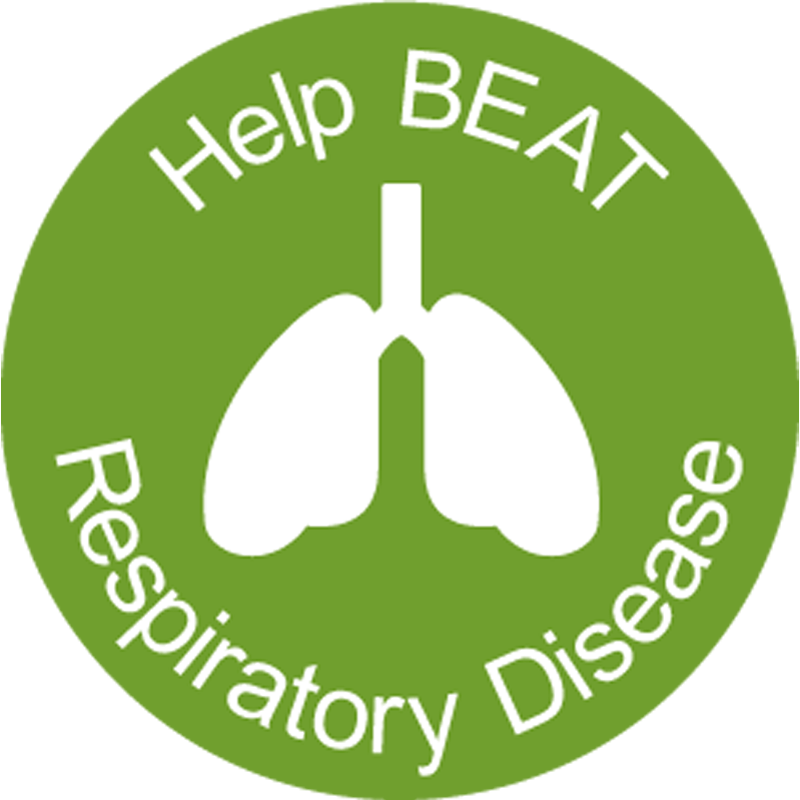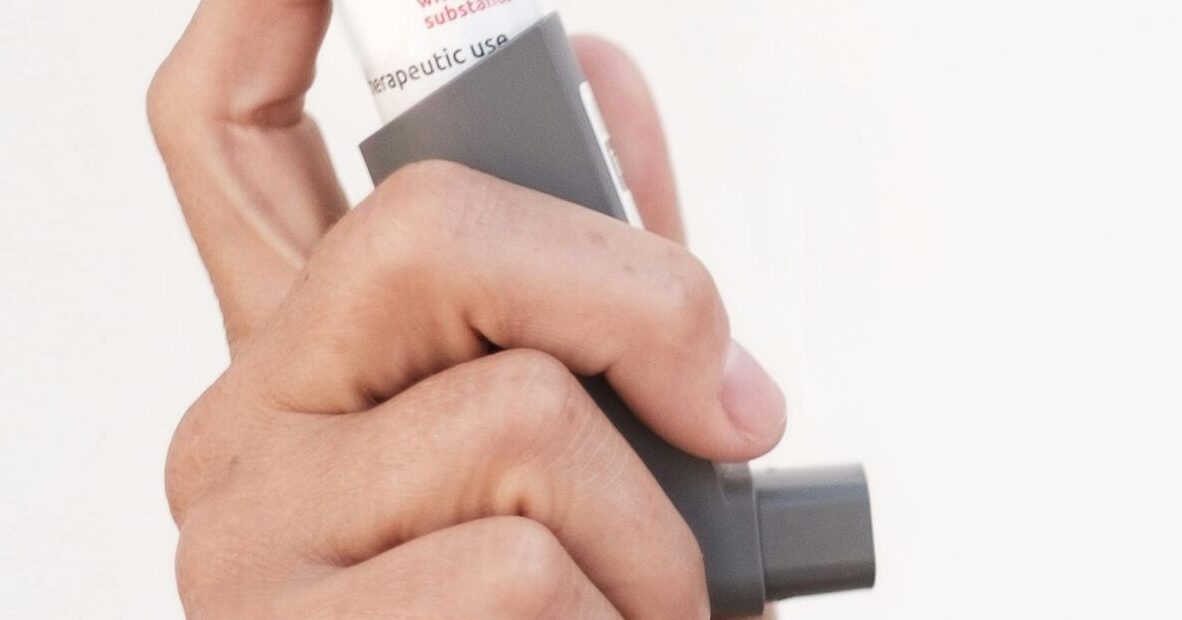About Respiratory Disease

About Help BEAT Respiratory Disease
Help BEAT Respiratory Disease is a dedicated campaign supporting people to take part in research looking to discover new ways to prevent, diagnose and manage different kinds of respiratory disease.
Registering with Research for the Future means you will receive information about opportunities to take part in research.
The process is easy. We will ask you for your contact details, some questions about your general health, what respiratory condition you have and whether you have any allergies.
About respiratory disease
Respiratory disease is an umbrella name for a range of diseases and disorders that affect the airways and other structures of the lungs. They can be caused by infection, smoking tobacco, breathing in second-hand smoke, or other forms of air pollution.
Some respiratory illnesses can be self-limiting, such as the common cold or influenza (flu). Others can be chronic or long-term such as chronic obstructive pulmonary disease (COPD), asthma and bronchiectasis.
It has been estimated that more than 12 million people in the UK have a history of longstanding respiratory illness.
Taking part
Taking part in research means you will be helping to improve health and care for future generations as well as helping researchers:
- better understand the causes of respiratory illnesses and how to prevent and diagnose them
- identify effective treatments, such as drugs or rehabilitation programmes
- develop new services to support people living with COPD and asthma
- understand why some groups of people are at greater risk of developing respiratory illnesses.
There are lots of different types of research and ways you can take part, including:
- completing a survey or questionnaire
- being part of a discussion group
- testing a smartphone app, online system or activity tracker
- trialling a support programme helping people to better manage symptoms
- being part of a clinical trial testing new and existing medications.
We use the information you provide when you register to inform you about suitable opportunities as they arise along with details of how you can take part. It is always your decision whether to take part in anything we tell you about. If at any time you change your mind and no longer want to receive information, let us know.
The information you provide is stored on a secure NHS database. It will never be shared with anyone else. For more information about how we store and protect your personal information, see our ‘Privacy notice’
Health and advice
If you have a health concern, please contact your GP for advice and treatment.
The NHS 111 service is available to make it easier and quicker for people to get the right advice or treatment they need, be that for their physical or mental health. 24 hours a day, 7 days a week.
- Online at nhs.uk
- Call 111 for free from a landline or mobile phone
The best sources of up-to-date accurate health information about respiratory conditions, tests and treatments:
- NHS website
- Asthma + Lung UK website
Current studies

Restoring integrity of airway epithelium in asthma
Helping to identify and treat flu infection in people with asthma.
Find out more about: Restoring integrity of airway epithelium in asthma
How you've helped us

Medicines Evaluation Unit: COPD drug
Clinical trial testing a new treatment for COPD (chronic obstructive pulmonary disease).

Developing a research proposal
Developing research to test a smartphone app to help people better manage their own health.

myAirCoach2 – self-management of Asthma
Developing a digital health system to help people monitor and manage their asthma.





